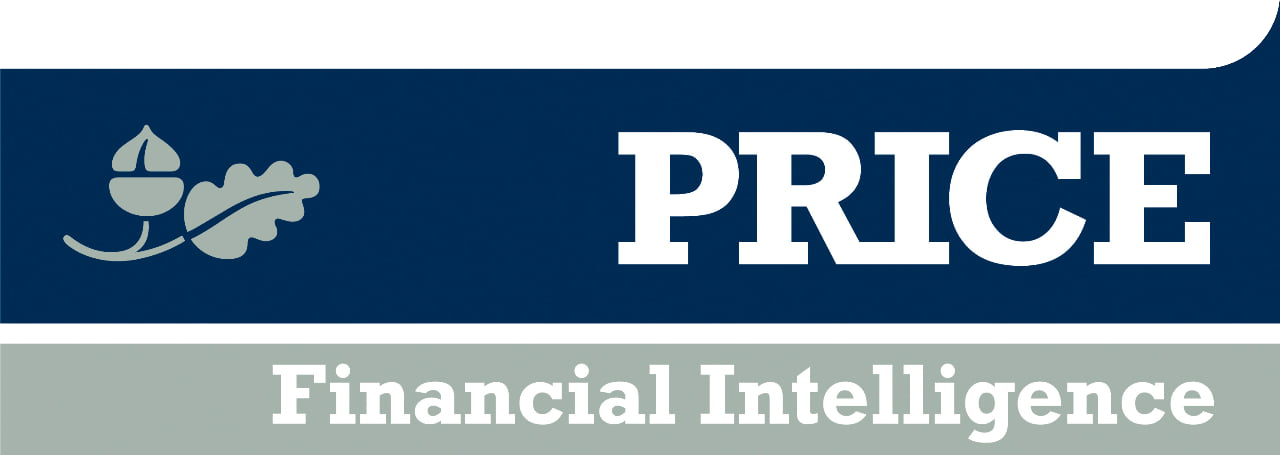How to claim working from home expenses
Taxpayers who have been working from home this financial year, and who consequently incurred work-related expenses, have two ways to calculate their work from home deduction:
- the actual cost method; or
- the fixed rate method.
Using the fixed rate method, taxpayers can claim a rate of 67 cents per hour worked at home.
This amount covers additional running expenses, including electricity and gas, phone and internet usage, stationery, and computer consumables. A deduction for these costs cannot be claimed elsewhere in their tax return, although taxpayers can separately claim any depreciating assets, such as office furniture or technology.
Taxpayers need to have the right records, and the record-keeping requirements differ for the fixed rate method and the actual cost method.
Editor: If you need more information regarding making these claims, please contact our office.
Taxpayer who lived and worked overseas found to be tax resident
The Administrative Appeals Tribunal (‘AAT’) recently held that a taxpayer was a tax resident of Australia, even though he was mostly living and working overseas during the relevant period.
The taxpayer was born in Vietnam and obtained Australian citizenship in 1978. He was living and working in Dubai, United Arab Emirates from 2015 until 2020.
The taxpayer spent less than two months in Australia for each of the 2017 to 2020 income years visiting his family.
The AAT nevertheless held that he was a tax resident of Australia for each of the 2016 to 2020 income years, as he “maintained an intention to return to Australia and an attitude that Australia remained his home”.
The AAT noted in this regard that the taxpayer:
- left his wife and three daughters in the family home in Australia while he worked in Dubai, continued to fully support his family financially, and chose to spend each of his leave periods with his family in Australia;
- maintained his vehicle registrations and Australian drivers licence so he could use the vehicles upon his return to Australia;
- intended to retire in Australia;
- failed to demonstrate any connection with Dubai outside of his employment; and
- maintained his private health insurance.
Earning income for personal effort
Taxpayers should remember that, if over half their income is from a contract for their personal effort or skills, then their income is classified as personal services income (‘PSI’).
Taxpayers can receive PSI in almost any industry, trade or profession, e.g., as a financial professional, IT consultant, construction worker or medical practitioner.
Taxpayers who earn PSI while running a business (e.g., as a contractor) need to work out if they were a personal services business (‘PSB’) in the year that they received the PSI, as this will affect the deductions they can claim.
Taxpayers can self-assess as being a PSB if they:
- meet the ‘results test’ for at least 75% of their PSI, or
- meet one of the other PSB tests (i.e., the unrelated clients test, the employment test, or the business premises test), and less than 80% of their PSI is from the same entity and its associates.
Taxpayers who self-assess as a PSB still need to report their PSI in their income tax return and keep certain records.





